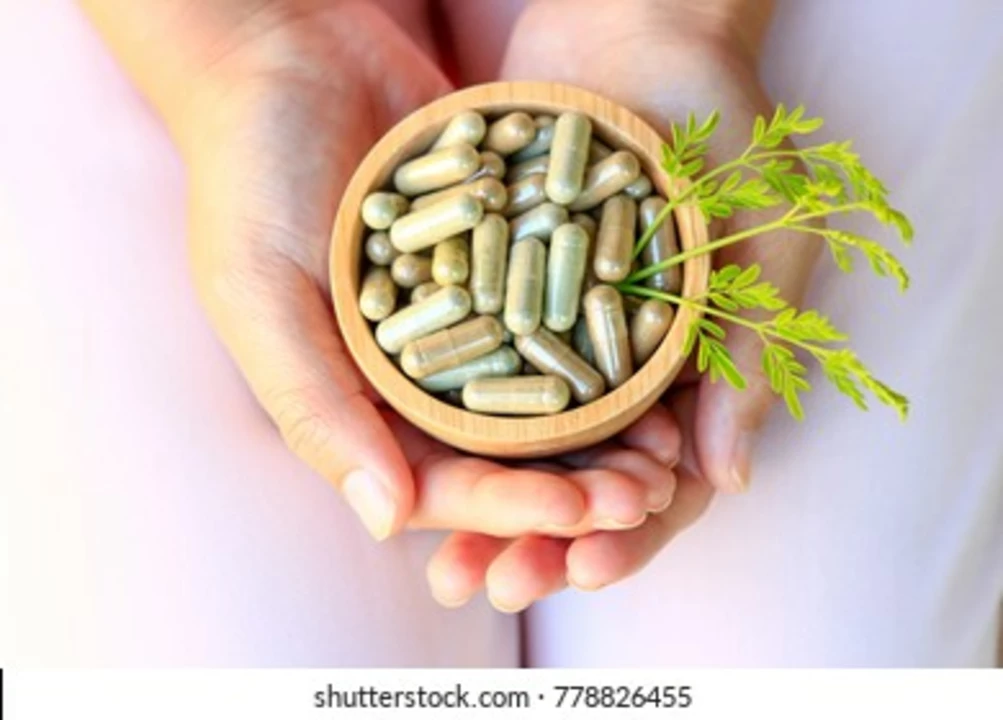Herbal Medicine: What Works and How to Use It Safely
Think herbal medicine is harmless because it’s "natural"? Not always. Herbs can help with mild issues like sleep, digestion, or joint discomfort, but they also interact with drugs and differ widely in quality. This short guide gives clear, practical steps to pick herbs that work and avoid common risks.
Common herbs and what to watch for
Here are several widely used herbs and a quick note on safety and effects:
Turmeric (curcumin) — anti-inflammatory support for some people. Watch out if you take blood thinners; high doses can increase bleeding risk.
Ginger — helps nausea and digestion. Generally safe but can upset the stomach in large amounts and may interact with anticoagulants.
St. John’s wort — used for mild depression. This one causes major drug interactions: it lowers the effectiveness of birth control, some antidepressants, blood thinners, and many other meds.
Ginkgo biloba — sometimes used for circulation or memory. Avoid with blood thinners and before surgery.
Chamomile and valerian — used for sleep or relaxation. Don’t mix with alcohol or sedatives. People with ragweed allergies may react to chamomile.
How to use herbal medicine safely
Start low and short. Try a small dose for a few days to see how you react. If you plan to take herbs regularly, talk with a pharmacist or your clinician—especially if you’re pregnant, breastfeeding, have chronic conditions, or take prescription drugs.
Choose quality: look for brands that list active ingredient amounts or standardized extracts, have clear dosing, and use third‑party testing (USP, NSF, or similar seals). Avoid products with vague “proprietary blends” or undisclosed ingredient amounts.
Form matters. Teas work well for mild use; capsules and tinctures give more consistent dosing. Topicals (creams, oils) limit systemic exposure but can still cause skin reactions—test a small area first.
Read labels and expiry dates. Herbs absorb moisture and degrade. Store bottles in a cool, dry place and follow the recommended shelf life.
Buying tips: prefer reputable pharmacies or known supplement brands. If buying online, check for clear contact info, return policy, and third‑party test reports. Avoid sellers that promise miracle cures or push large upfront purchases.
Watch for side effects and stop if you notice unusual symptoms—rash, stomach pain, heavy bleeding, or new sleepiness. Keep a list of all herbs and meds you take and share it with your healthcare team.
Herbal medicine can be useful when chosen carefully and used responsibly. If you want specific suggestions based on your situation, ask a pharmacist or clinician who knows both prescription drugs and herbal products.

